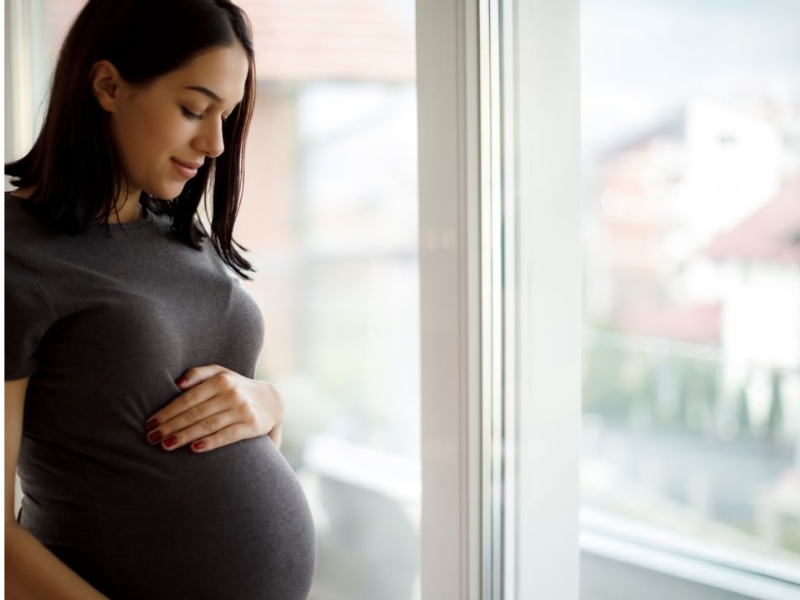A new study has created one of the first comprehensive maps to depict how the brain changes during pregnancy. The findings could help experts provide better care to women during pregnancy.
Published in the journal Nature Neuroscience, the new research finds that certain parts of the brain of the mother shrink in size yet improve in connectivity. The observations were made on a healthy 38-year-old woman who was studied from three weeks before conception to two years after the child’s birth.
Aim of the study
While there is a lot of information about the hormonal and physiological changes experienced by millions of women annually during pregnancy, not much is known about the impact of pregnancy on the brain of the mother. The study hopes to understand the neurobiology of pregnancy.
Researchers conducted 26 MRI scans and blood tests on the first-time mother, then compared them with brain changes observed in eight control participants who weren’t pregnant.
Results
The study finds, “pronounced decreases in gray matter volume and cortical thickness were evident across the brain, standing in contrast to increases in white matter microstructural integrity, ventricle volume and cerebrospinal fluid, with few regions untouched by the transition to motherhood.” Gray matter is an essential brain tissue that controls sensations and functions such as speech, thinking and memory.
The findings give scientists a map of the human brain during gestation so they can study the transition from conception to motherhood. They will also help experts provide adequate care to women to support healthy brain changes during pregnancy.






